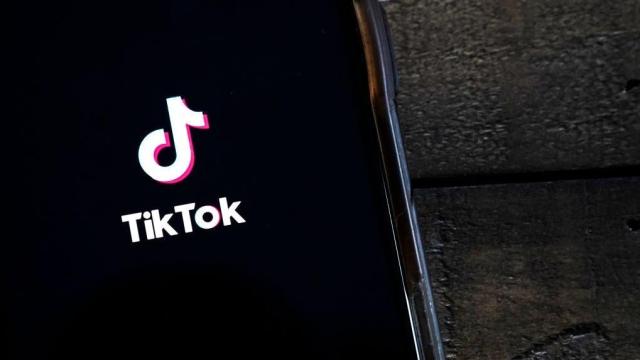Some colleges are now restricting TikTok access on campus following a government crackdown in several states. Lawmakers have accused TikTok of reporting user data to China, and in recent weeks have moved to ban the app on state-issued devices. South Dakota was the first state to pass the ban with 13 other states soon following suit.
The University of Oklahoma and Auburn University in Alabama have each announced that while students can still access TikTok on their personal devices and on their own data, the app will be banned on school computers and on its WiFi networks.
In an email to employees and students earlier this week, The University of Oklahoma wrote, “In compliance with the Governor’s Executive Order 2022-33, effective immediately, no university employee or student shall access the TikTok application or website on University-owned or operated devices, including OU wired and wireless networks.”
The school says it will also require all TikTok accounts administered by the university be deleted and “alternate social media platforms utilised in their place.”
The University of Oklahoma says it is complying with Gov. Kevin Stitt’s executive order which passed earlier this month. The order prohibits TikTok from being used on any “government networks or government-issued devices, including state-issued mobile phones, computers, or any other device capable of internet connectivity.”
Alongside his executive order, Stitt said in a statement, “Maintaining the cybersecurity of state government is necessary to continue to serve and protect Oklahoma citizens and we will not participate in helping the Chinese Communist Party gain access to government information.”
Georgia has also jumped on the “ban TikTok” bandwagon with 26 public universities and colleges now reportedly being required to ban the app on their campuses. A TikTok spokesperson told AP News that the bans are a “political gesture” and are unnecessary because TikTok is working to develop and implement its own data security in the U.S.
The widespread criticism over TikTok spread earlier this year when Buzzfeed released a news report claiming that China has repeatedly accessed users’ data and reported a source saying, “Everything is seen in China.”
Jamal Brown, a spokesperson for TikTok told CNN the company is “disappointed that so many states are jumping on the political bandwagon to enact policies that will do nothing to advance cybersecurity in their states and are based on unfounded falsehoods about TikTok.”
Brown continued: “We’re especially sorry to see the unintended consequences of these rushed policies beginning to impact universities’ ability to share information, recruit students, and build communities around athletic teams, student groups, campus publications, and more.”
